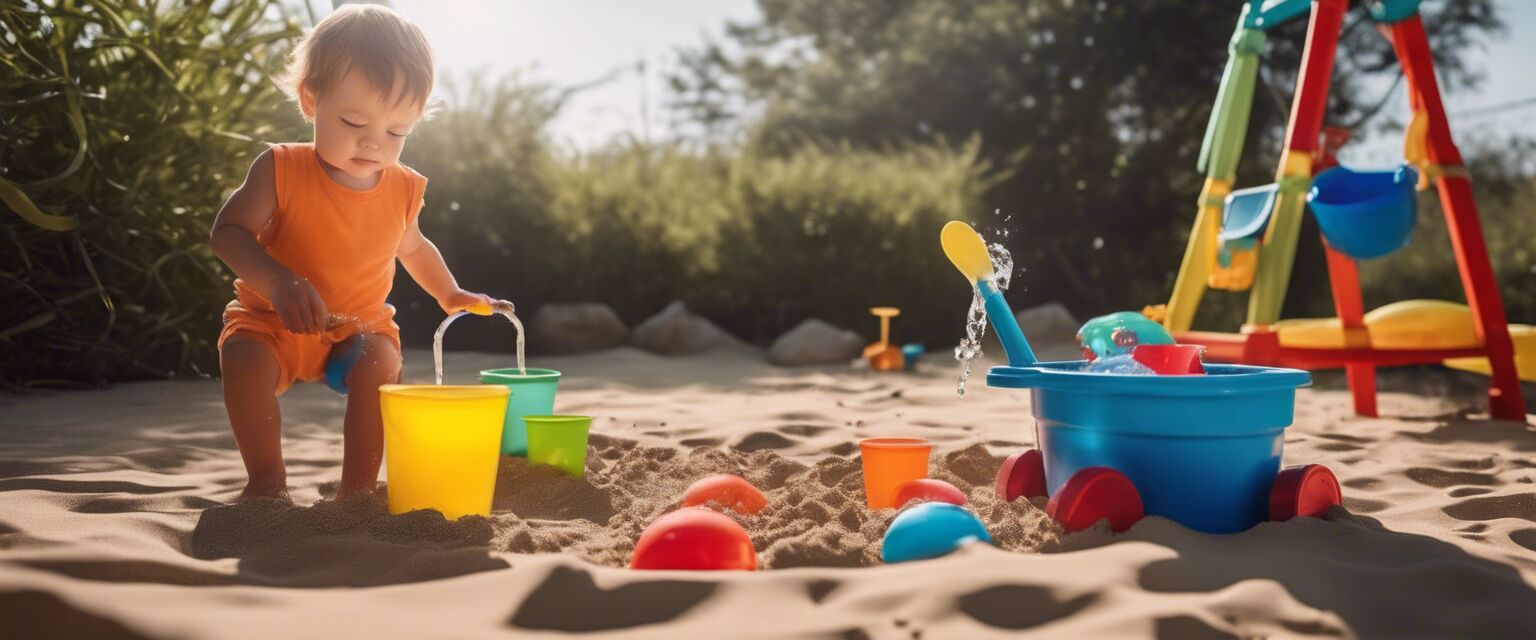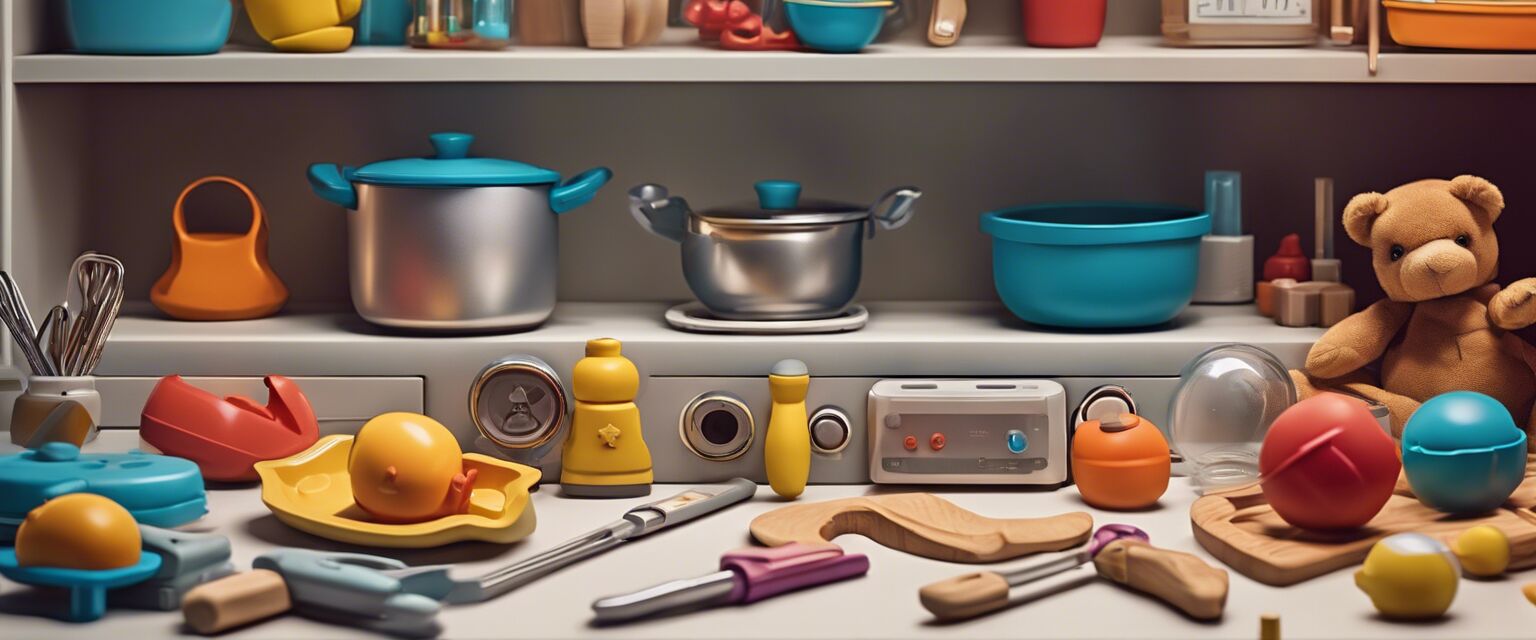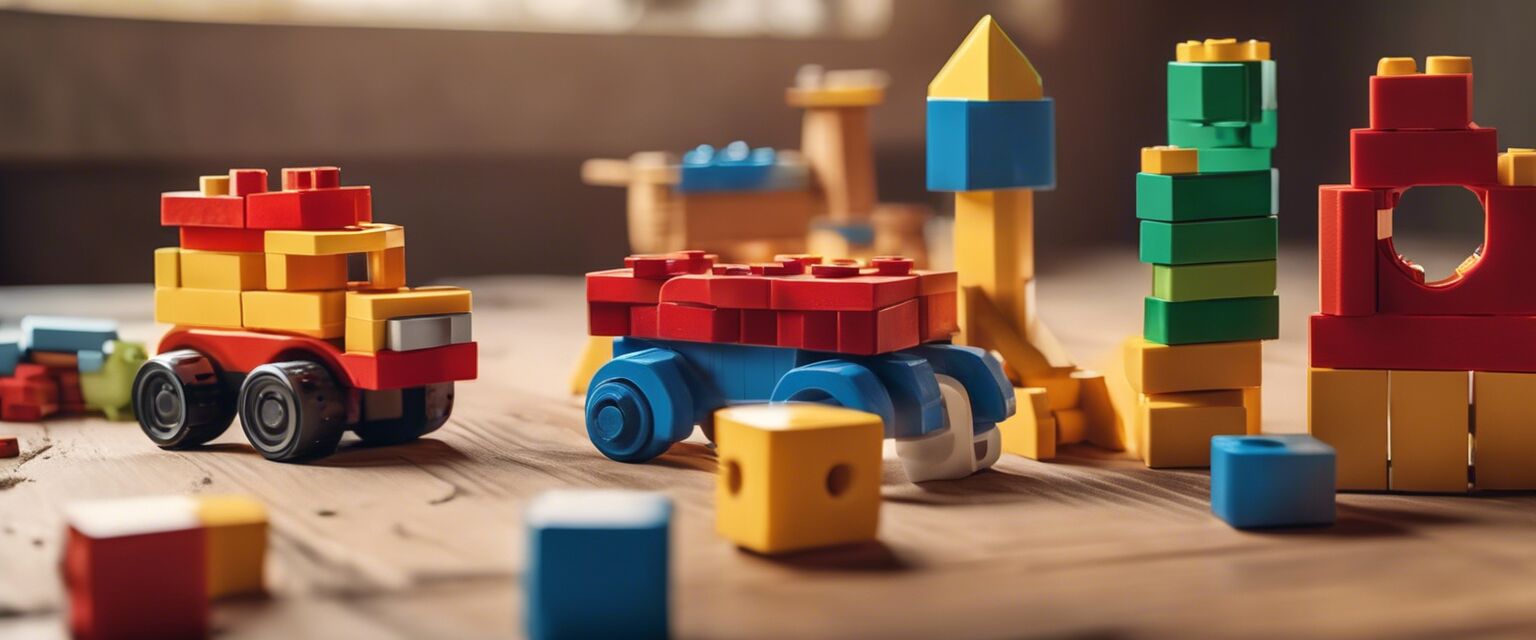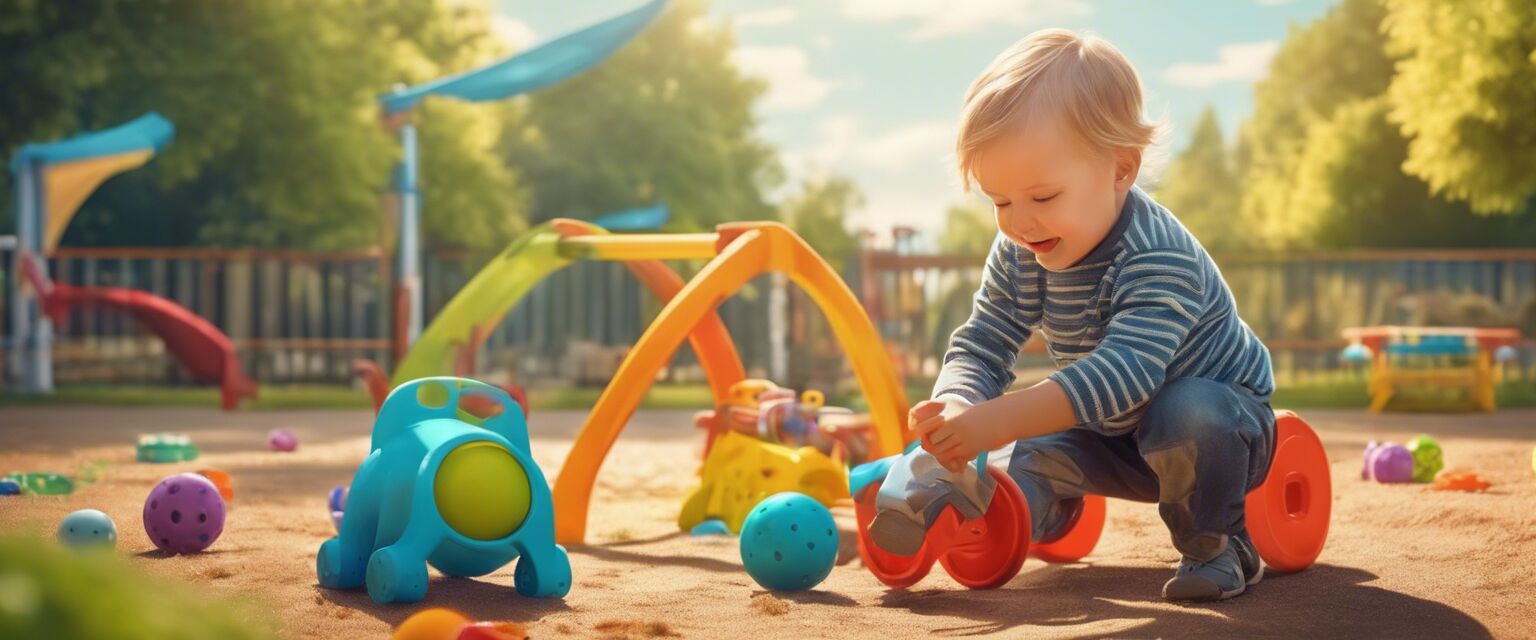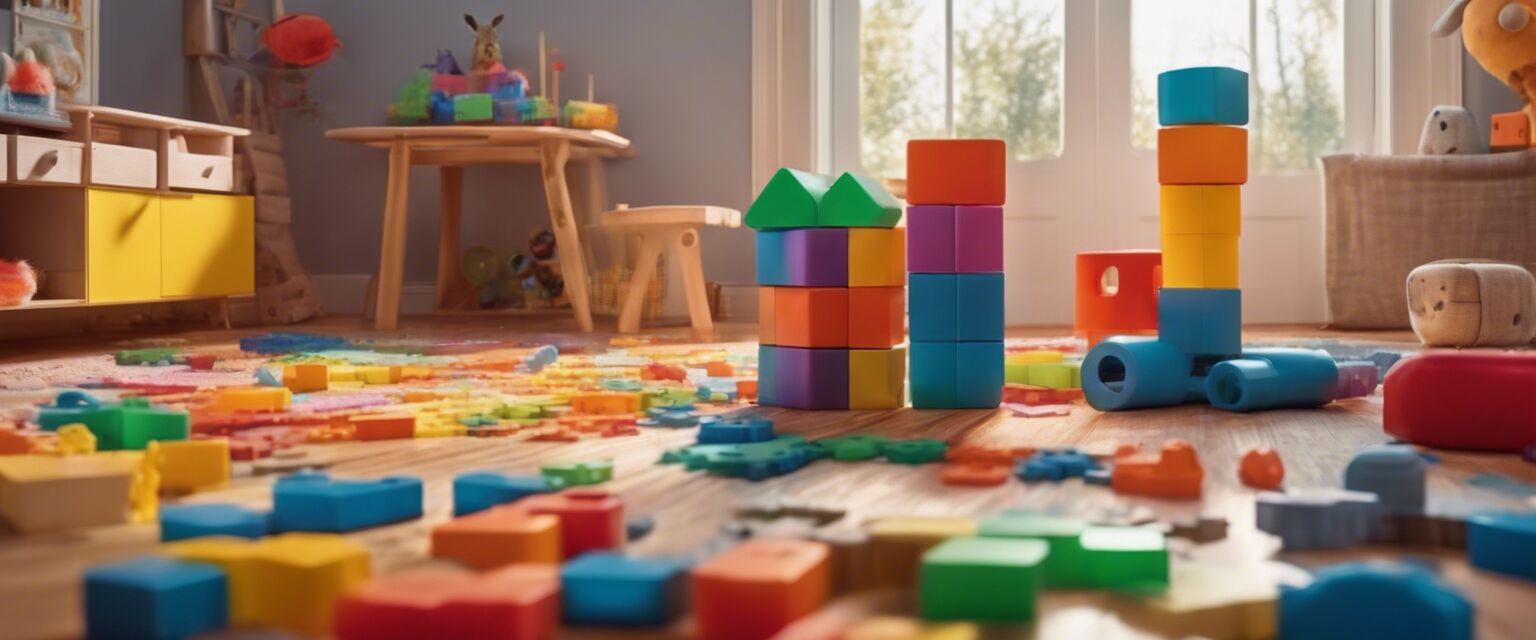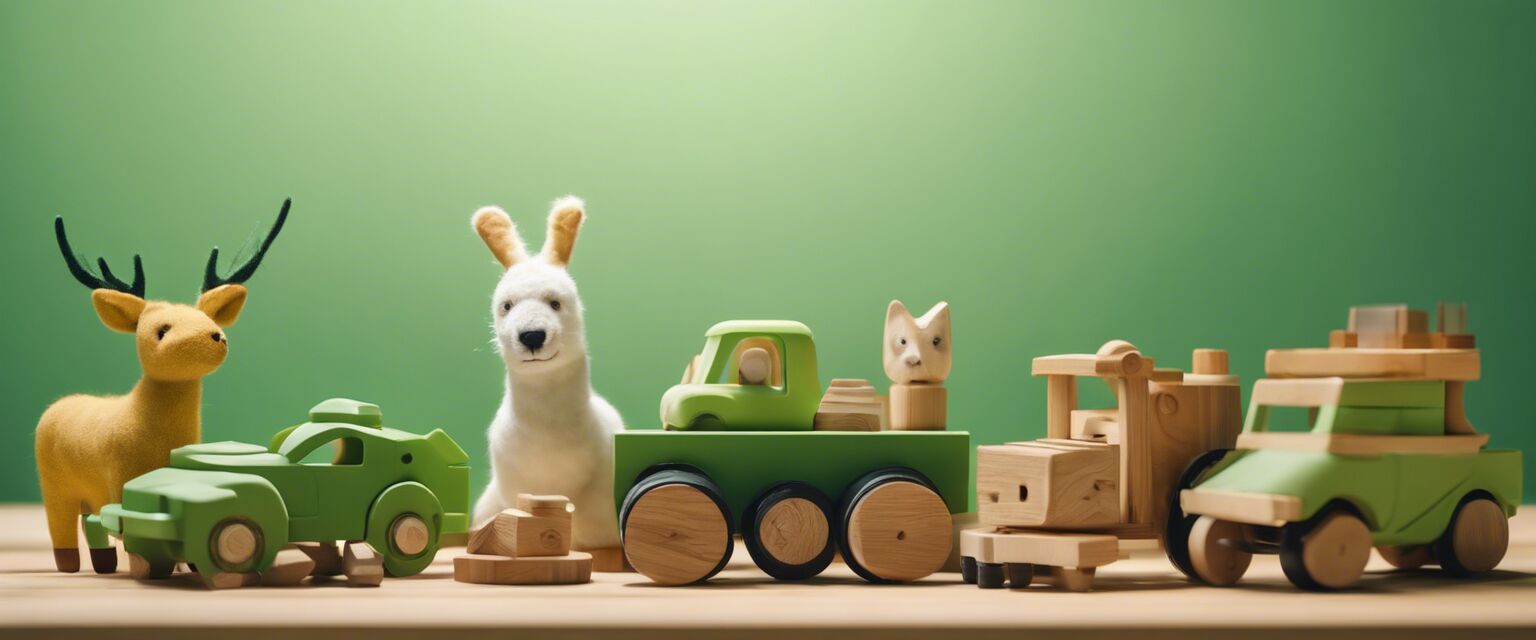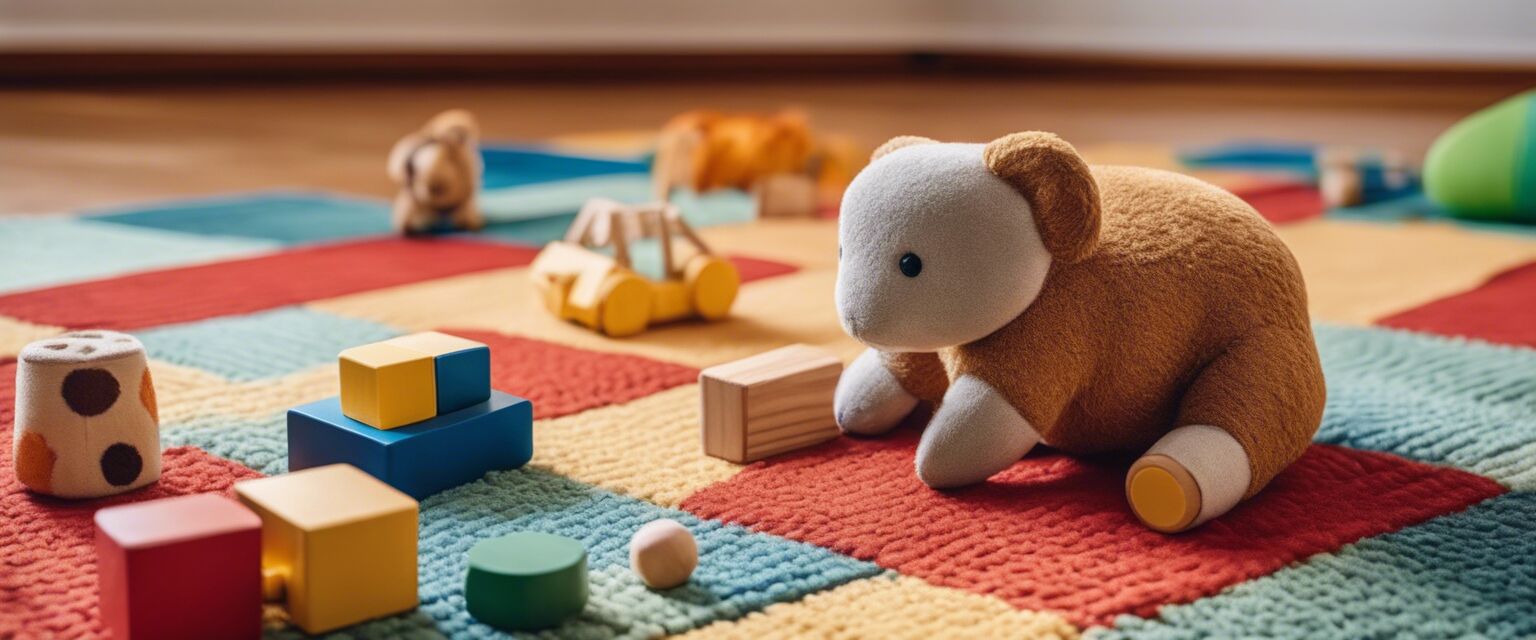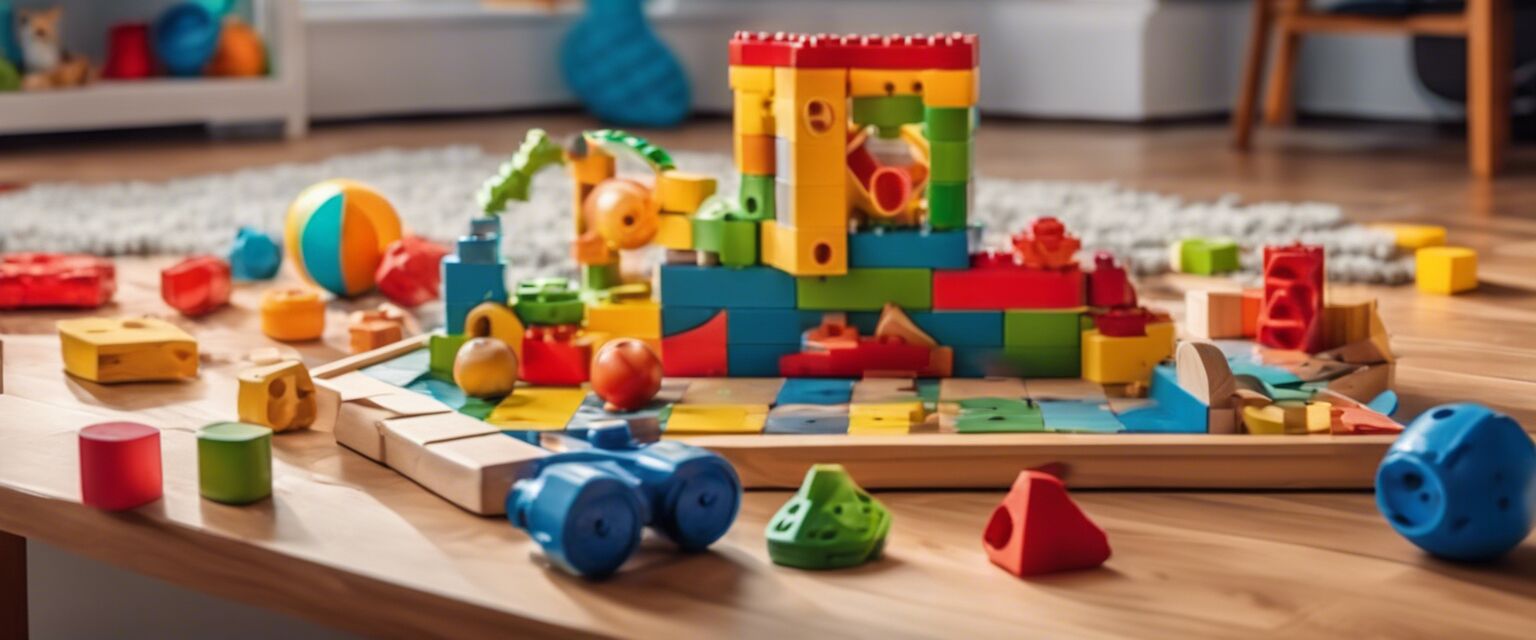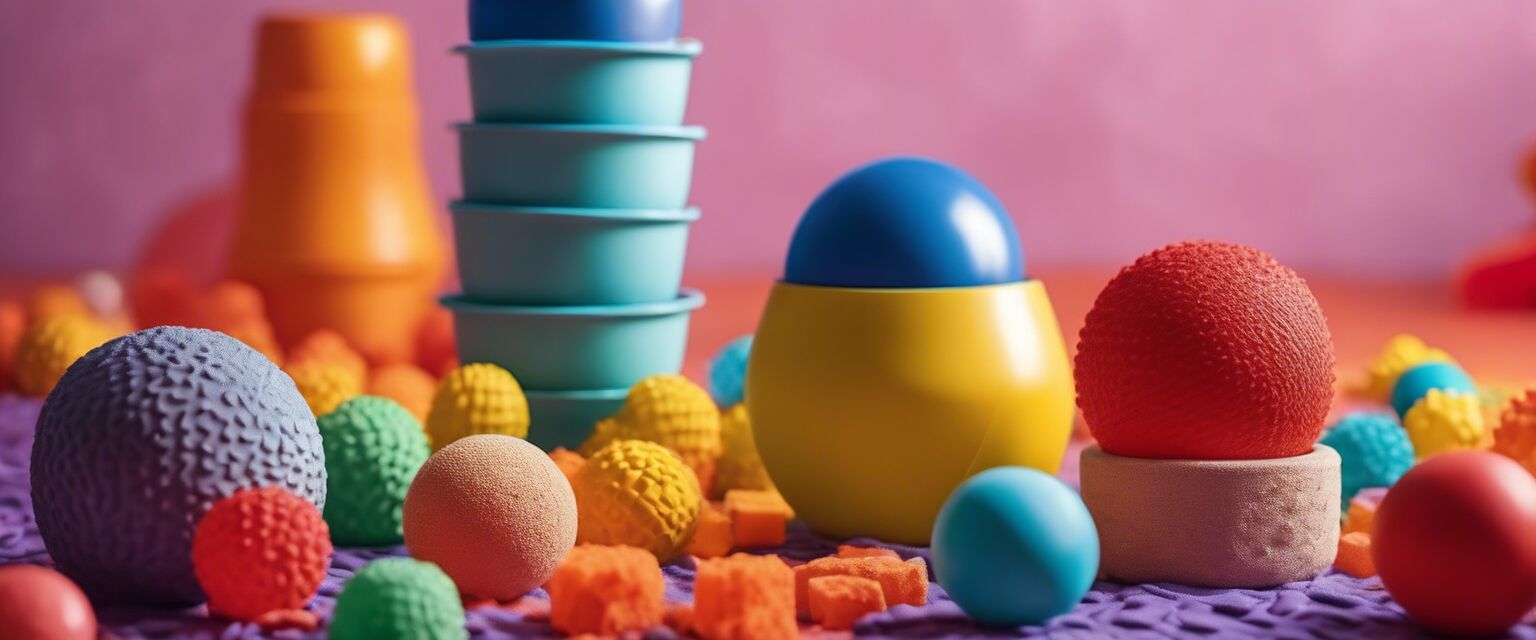
Sensory Play Toys
Key Takeaways
- Sensory play toys stimulate curiosity and promote fine motor skills.
- These toys engage a toddler's senses through textures, sounds, and colors.
- Montessori-approved toys encourage independent play and creativity.
- Choosing the right sensory toys can enhance emotional intelligence and social skills.
Engaging toddlers in play is essential for their development. Sensory play toys encourage exploration and discovery, activating a child's sense of sight, sound, touch, and more. In this article, we will explore the best types of sensory play toys available, their benefits, and tips on selecting the right ones for your little one.
What are sensory play toys?
Sensory play toys are designed to stimulate a child's senses through interactive play. These toys allow kids to explore different materials, shapes, colors, and textures, providing a rich learning experience. They can range from simple textured blocks to more complex sensory kits that engage multiple senses.
Benefits of sensory play
Sensory play has numerous benefits for toddlers:
- Enhances sensory development: Helps children learn about the world through their senses.
- Boosts creativity: Encourages imaginative play and creativity.
- Improves motor skills: Fine and gross motor skills are developed through manipulation and movement.
- Fosters social skills: Sharing sensory play toys can enhance communication and cooperation among peers.

Types of sensory play toys
There are several types of sensory play toys, each serving a unique purpose. Below is a breakdown of popular types:
| Type | Description | Benefits |
|---|---|---|
| Textured balls | Soft, squishy balls with varying textures | Enhances tactile exploration and fine motor skills |
| Building blocks | Colorful blocks of various shapes and sizes | Promotes creativity and spatial awareness |
| Art kits | Creative art supplies including paints and stamps | Encourages imaginative play and artistic expression |
| Scented toys | Toys infused with various scents | Stimulates olfactory senses and curiosity |
Choosing the right sensory play toys
When selecting sensory play toys, consider the following tips:
Tips for choosing sensory toys
- Look for age-appropriate toys: Ensure the toys are suitable for your toddler’s age and developmental stage.
- Prioritize safety: Choose toys made from non-toxic materials and free from small parts that could be choking hazards.
- Encourage open-ended play: Select toys that allow for multiple ways to play and explore.
- Consider variety: Look for toys that engage different senses for a well-rounded sensory experience.
- Check for durability: Choose robust toys that can withstand playful hands.
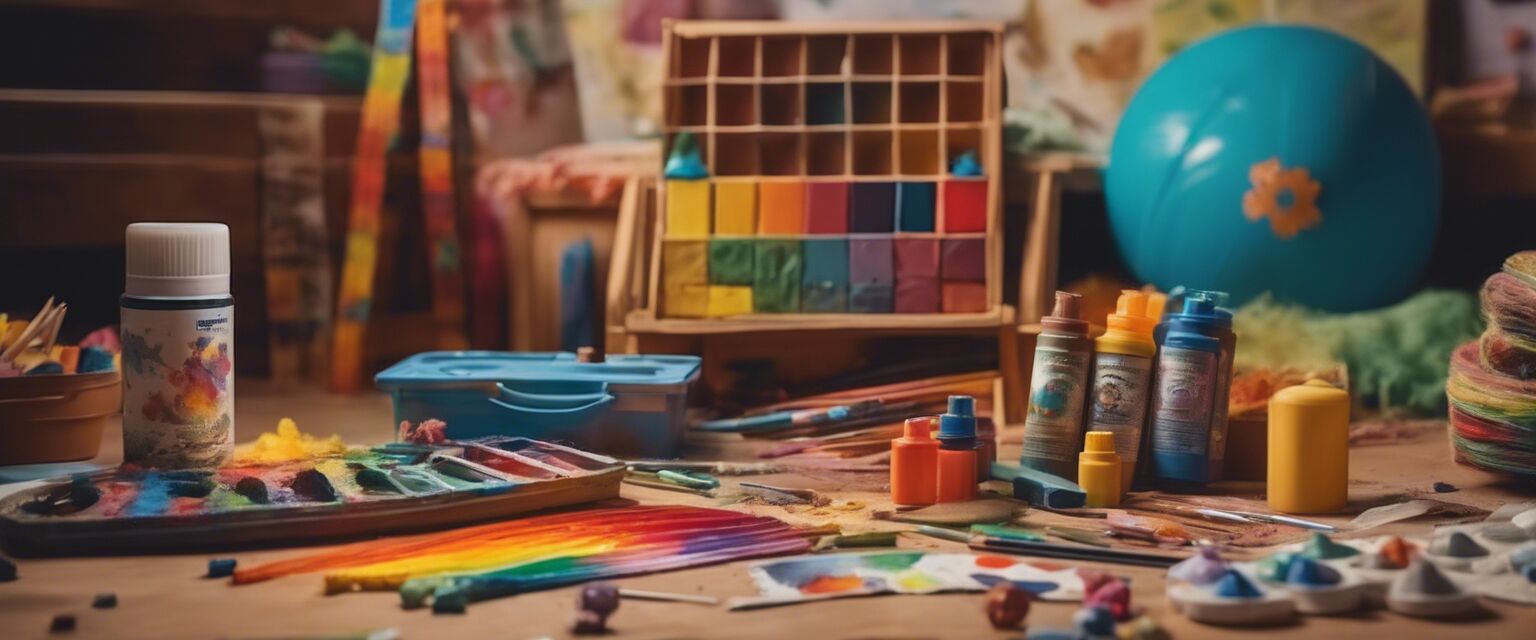
Top features of sensory play toys
When exploring sensory toys, keep an eye out for these key features:
- Variety of textures: Toys with multiple textures engage touch and help develop sensory skills.
- Bright colors: Stimulates vision and attracts toddlers’ attention.
- Interactive components: Toys with mechanisms or moving parts often hold interest longer.
- Sounds and music: Several sensory toys incorporate sounds that intrigue young minds.
Popular sensory toy categories
Here are some popular categories of sensory toys that provide interactive and engaging experiences:
| Category | Examples | Learning Outcome |
|---|---|---|
| Outdoor play gear | Sandbox toys, water play sets | Enhances coordination, helps toddlers explore textures in nature |
| Musical toys | Drums, shakers, xylophones | Develops auditory skills and rhythm |
| Building blocks | Wooden blocks, stacking toys | Encourages spatial awareness and creativity |
| Art and craft kits | Painting kits, sensory play dough | Boosts imagination and fine motor skills |
FAQs about sensory play toys
1. Are sensory play toys suitable for all ages?
While many sensory toys are designed for toddlers, each toy will have specific age recommendations. Always check the manufacturer's suggested age range.
2. How do sensory toys help in child development?
Sensory toys are known to significantly stimulate cognitive, physical, and emotional development by encouraging exploration and interaction.
3. Can sensory play help with emotional intelligence?
Yes, sensory play can improve emotional intelligence by giving children tools to express feelings creatively and understand social situations through play.
Conclusion
Incorporating sensory play toys into a toddler's daily routine can significantly help in their developmental journey. These toys not only entertain but also promote skill enhancement across multiple domains. Choosing the right sensory toy can open a world of exploration and creativity for your little one.
Pros
- Stimulates various senses for holistic development.
- Encourages independent and collaborative play.
- Diverse options available to suit every toddler's preference.
- Often crafted from safe and non-toxic materials.
Cons
- Some toys may have small parts, posing a choking hazard.
- Can potentially lead to overstimulation if too many are available at once.
- Requires adult supervision during play for younger children.
For more information on specific types of sensory toys, visit our Art & Craft Kits, Building Blocks & Construction Toys, and Educational Toys sections.
